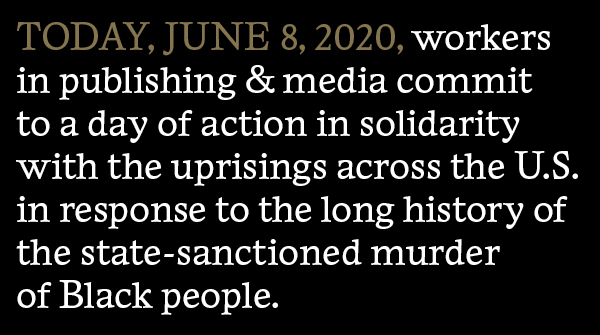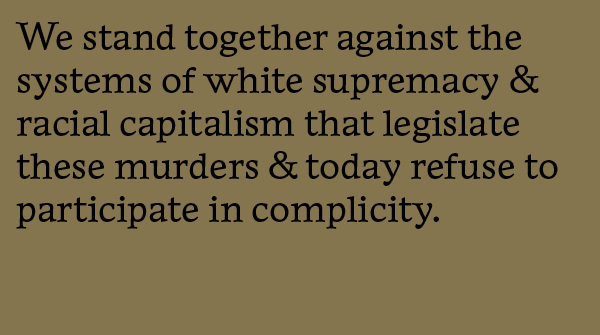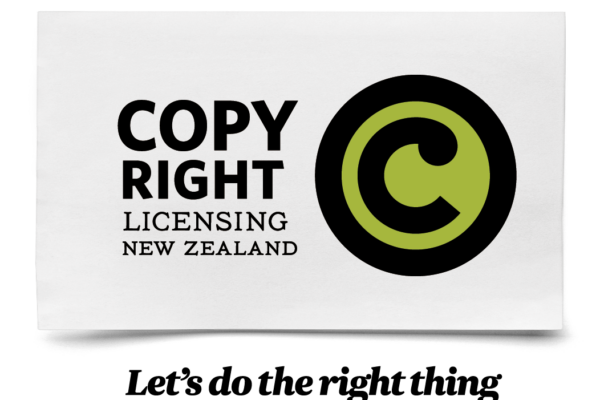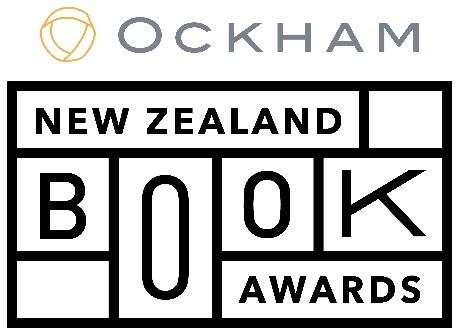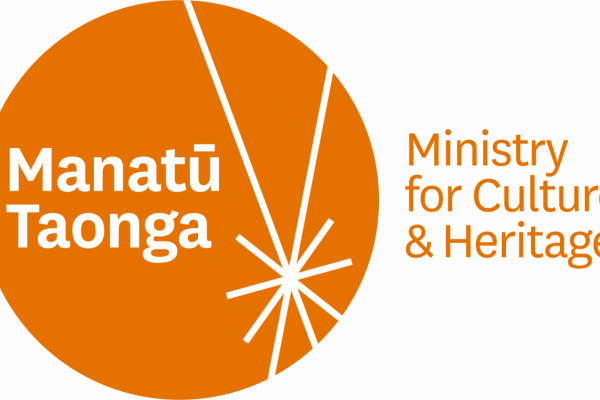#PubWorkers4Justice
Following the forthright statement of condemnation made a week ago by the US Association of University Presses (AUP)—in which they condemned “the white supremacist structure upon which so many of our presses and parent institutions were built”—many members of the American publishing community on Monday (June 8) joined in on a “day of action” program captured through the hashtags.

From the children’s book publisher Lee and Low’s 2019 update to their Diversity Baseline Survey, a look at reported percentages of African-American workers in various roles in US publishing. Image: Lee and Low
And, as in the case of the university presses, many publishing houses, themselves, issued statements of solidarity.
In a statement provided to Publishing Perspectives by the event’s organizers, it’s explained that the day’s events were designed to demonstrate “solidarity with the uprisings across the United States in response to the murders of George Floyd, Breonna Taylor, Ahmaud Arbery, Tony McDade, and the many, many others in the long history of Black people murdered by the state.”
The statement, signed “in solidarity” by Deborah Ghim, Danny Vazquez, Lydia Zoells, Carrie Hsieh, and Anaka Allen, reads as follows:
“This action was originated by five organizers—four BIPOC and a white colleague—after processing the statements delivered by the Big Five publishers regarding the current moment in this nation’s racist history. Our disappointment in those statements gave way to a revelation: the justice we sought could be found only outside of corporate structures. Recognizing the industry’s role in systemic racism through its failure to hire and retain a significant number of Black employees or publish a significant number of Black authors, and through its pursuit of profit through books that incite racism, we decided to act. We’ve had enough experience with corporate Diversity & Inclusion initiatives to know that they are largely toothless and built on a top-down model that ultimately benefits only a very select few and often exploits marginalized workers. An effort to build collective power, we realized, was in order.
“The language of today’s call to action was drafted by the five initial organizers and revised with comments from hundreds of our fellow publishing workers. Today’s action would not have been possible without these other organizers who joined us in spreading the word and working on our materials—allies across independent and corporate publishing, media, agencies, and bookselling. The directives that we circulated, including a unified out-of-office message, are as much a part of our effort to build collective power as the actions we’re taking today, and have mobilized over 1,300 workers and counting to protest, donate a day’s pay, phone-bank, join in mutual aid efforts, and work only on books by Black creators.
“A petition, which was circulated last week by a small group of participants in the action, has been taken down, as it was not reflective of our collective method. We’ll have to reckon with what that petition truly represents, and suspect a number of its signatories will not be joining us in further action. But we will nevertheless continue to resist corporate co-opting and building collective power.
“We understand that the systems responsible for these murders will not be abolished in a day. Moreover, we cannot abolish these systems alone. We ourselves are complicit. Therefore, this action has been designed to be disruptive. In our refusal to collaborate with corporate publishers to achieve petty goals, we instead choose to activate book publishing workers in a way which they have never been; to build collective power that we intend to use in further actions to benefit our communities from within and without our industry. Together, we protest our industry’s role in systemic racism.
“We stand in protest of the devaluation of Black lives. We stand in solidarity with the protesters out on the streets. We stand together against the systems of white supremacy and racial capitalism that legislate the state-sanctioned murder of Black people, and today we refuse to participate in complicity. And we dedicate this day to acts of service toward that end.
“Now that we have acted together as a group, we must press forward. We must develop a wider, more representative base of organizers and use the collective power we have summoned today to institute real change in our industry and beyond. We can pressure publishers to stop publishing racist books. We can make our industry safer and more welcoming for Black people. We can build structures outside of the corporate publishing world that support Black workers and creators, and put the force of collective power behind existing initiatives and groups that are currently leading publishing in anti-racist action.
“No power but collective power, no action but collective action.”
Members of the publishing community were called on by the action Monday to show their solidarity by making contributions to black-led organizations in service to families and protesters, for legal defense and prison reform, in memorials honoring African-Americans killed in racist police violence, bail funds, and more. If you’d like to participate by making one or more contributions, you’ll find a list of organizations here.
During Monday’s action, employees in the US publishing industry were called on to consider walking out in protest as well as making donations to relief organizations.
Among the most interesting elements of the ongoing protests triggered in the May 25 killing of George Floyd at the hands of Minneapolis police officers is the sense that there’s a change at hand—that at last an intolerance has been reached for barbaric and systemic racist brutality amid massive national protests and many corresponding protests in international markets.
As the protest dynamic expands and reaches into industries and social settings across the nation and in many other parts of the world—and as today’s (June 9) final funeral service for George Floyd gets underway today in Houston—it’s hoped by many that more such righteous indignation and resistance to inexcusable bias and hatred simply cannot go unchallenged.
For example, in Sunday’s (June 7) edition of CNN’s Reliable Sources—which evaluates how the news media cover the stories of the day—the Washington Post global opinions editor Karen Attiah said to host Brian Stelter that the question in the nation’s newsrooms is not one of so genteel a term as diversity. “We’re still fighting for integration in our newsrooms,” Attiah said, “integration so the communities we cover and are part of actually trust us and feel heard.”
And The New York Times Magazine’s Nikole Hannah-Jones said, “We have newsrooms attempting to explain racism and racial injustice to a larger society while unable to actually deal with racism and racial injustice in their own institutions.”
‘Reliable Sources’ on June 7 looks at the American news industry’s problem, parallel to that of the book publishing industry, of limited diversity in its workforce. From left are host Brian Stelter, the Washington Post’s Karen Attiah, The New York Times Magazine’s Nikola Hannah-Jones, and The Atlantic’s Jemele Hill. Image: CNN ‘Reliable Sources’
The Slow Road to Remedies in Publishing
Book publishing, as we have written at Publishing Perspectives, has seen a far more aggressive, centralized approach to its own problems of limited diversity in the United Kingdom than in the United States.
In an NYU Summer Publishing Institute session with students on Monday, Publishing Perspectives fielded sharp, intelligent questions about publishing’s slow response to issues of integration in the industry, asking about tokenism and the experiences of interns of color, in particular.
In the UK, the Publishers’ Association (PA) developed and put into place its 10-point plan for workforce diversity among publishers in 2017. That nation’s publishers’ association has also held at least three “inclusivity” conferences in partnership with the London Book Fair to study the issues.
In fact, it’s thanks to this program, which includes annual surveys of itself, that the UK industry was able to report in January that it had seen women in 55 percent of top roles—a promising sign of progress for women in publishing leadership.
In the United States, the approach has been much less organized, although during Monday’s activity, there were statements of intention suddenly arriving from some of the largest houses. Hachette’s Michael Pietsch said that the house will create diversity targets (there’s a good example waiting in the UK Publishers Association’s 10-point plan). Penguin Random House said that it will “share statistics on the demographics of its work force, commit to increasing the number of books it publishes by people of color, mandate antiracist training among its staff, and host a company-wide reading assignment of a recent bestseller: How to Be an Antiracist, by Ibram X. Kendi,” as the Times reports it.
However, there’s been no indication of a concerted response like that of the Publishers Association from the Association of American Publishers.
And the lack of a coordinated concerted effort on the American side like that in the British market is hardly for lack of information. The Lee and Low Diversity Baseline Survey was first released in 2016 and was given its first major update in 2019, with all too little progress to report.
Lee and Low on June 3 had provided a thread of useful tweets, explaining specific points of the graphic (above) it provided for the day.
In an article on Monday at The New York Times, Concepción de León and
“Using a hashtag, #PublishingPaidMe, that quickly began trending on Twitter, authors shared their advances, which is the amount of money they receive for their books before any royalties, typically based on copies sold, start coming in. The young adult author L.L. McKinney, who is black, started the hashtag on Saturday, hoping to highlight the pay inequality between black and nonblack writers.”
And the response has been remarkably well defined by many taking part, as in a thread from the author Roxane Gay, which includes this tweet:
As Michael Cader reports today at Publishers Lunch, the Denver bookstore called The Tattered Cover had originally issued a statement on June 6, saying that it had a “nearly 50-year policy of not engaging in public debate” and would not be forthrightly aligning itself with the #BlackLivesMatter cause, although it agreed with that movement’s principles.
On Monday, Cader reports, the store seems to have had a change of heart and posted a new comment in the form of what it terms “an apology to customers and staff.” That new statement reads, in part:
“We offer an unqualified and unequivocal apology for the statement we made on June 6. We apologize to our customers, our staff, our Friends of Tattered Cover, and to the entire community of readers, writers, and educators we serve. We are horrified at having violated your trust. We deserve your outrage and disappointment.
“An apology is only a first step. We know we will be judged going forward by our words and our deeds, and we accept and embrace that. We will demonstrate through actions that these words are not hollow. We will listen to our staff, educate ourselves, and work with different organizations in the community to help us chart a path forward. We are so very and truly sorry for the pain our words caused. Tattered Cover stands in solidarity with our Black friends and neighbors, and grieves the senseless and brutal loss of life; not just of George Floyd and ot
her recent victims, but of all of the Black lives lost from centuries of oppression and abuse. We believe with all our heart that Black Lives Matter.”
So it is that Monday’s effort in calling the publishing world to account on issues of the racial divide now rocking the US and other cultures has, indeed, focused some in the industry on how remarkably the American book business does not look like its consumer base.
Just to review some results from our February report on the Lee and Low study on the overall industry stats:
- White members of the US publishing workforce: 76 percent
- Gender representation: 74-percent cis women
- Sexual orientation: 81-percent heterosexual
- Non-disabled: 89 percent
There’s work to be done. And if the American publishing industry isn’t ready to address this problem—which only it can remedy—Monday’s activity showed that there are many in the book business itself who are ready to call out the issues and keep doing so.
Overall results from Lee and Low diversity survey of US book publishing. Image: Lee and Low



